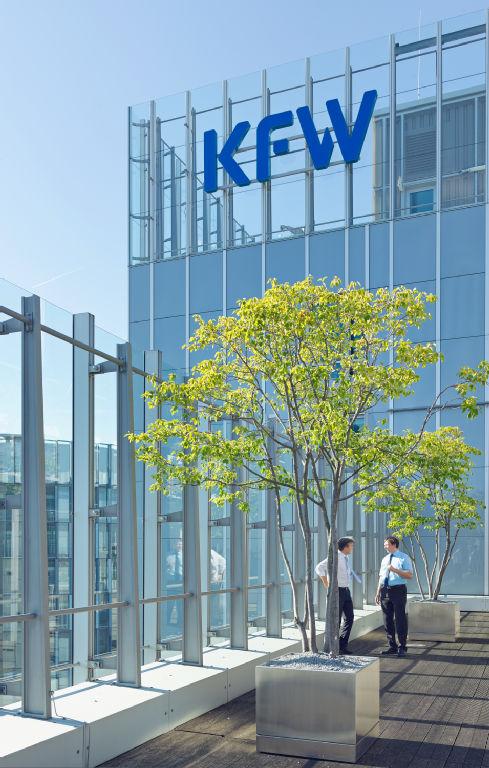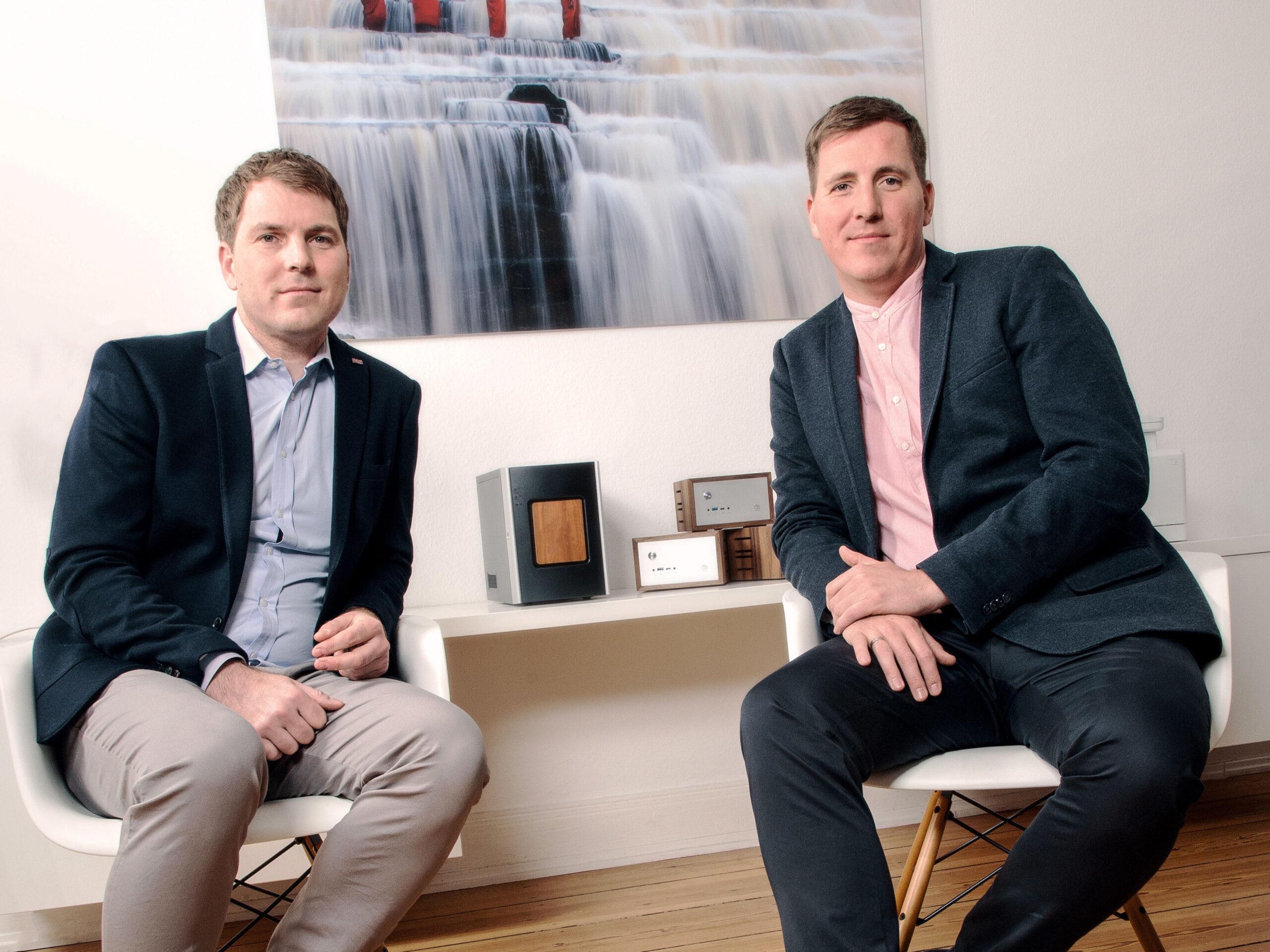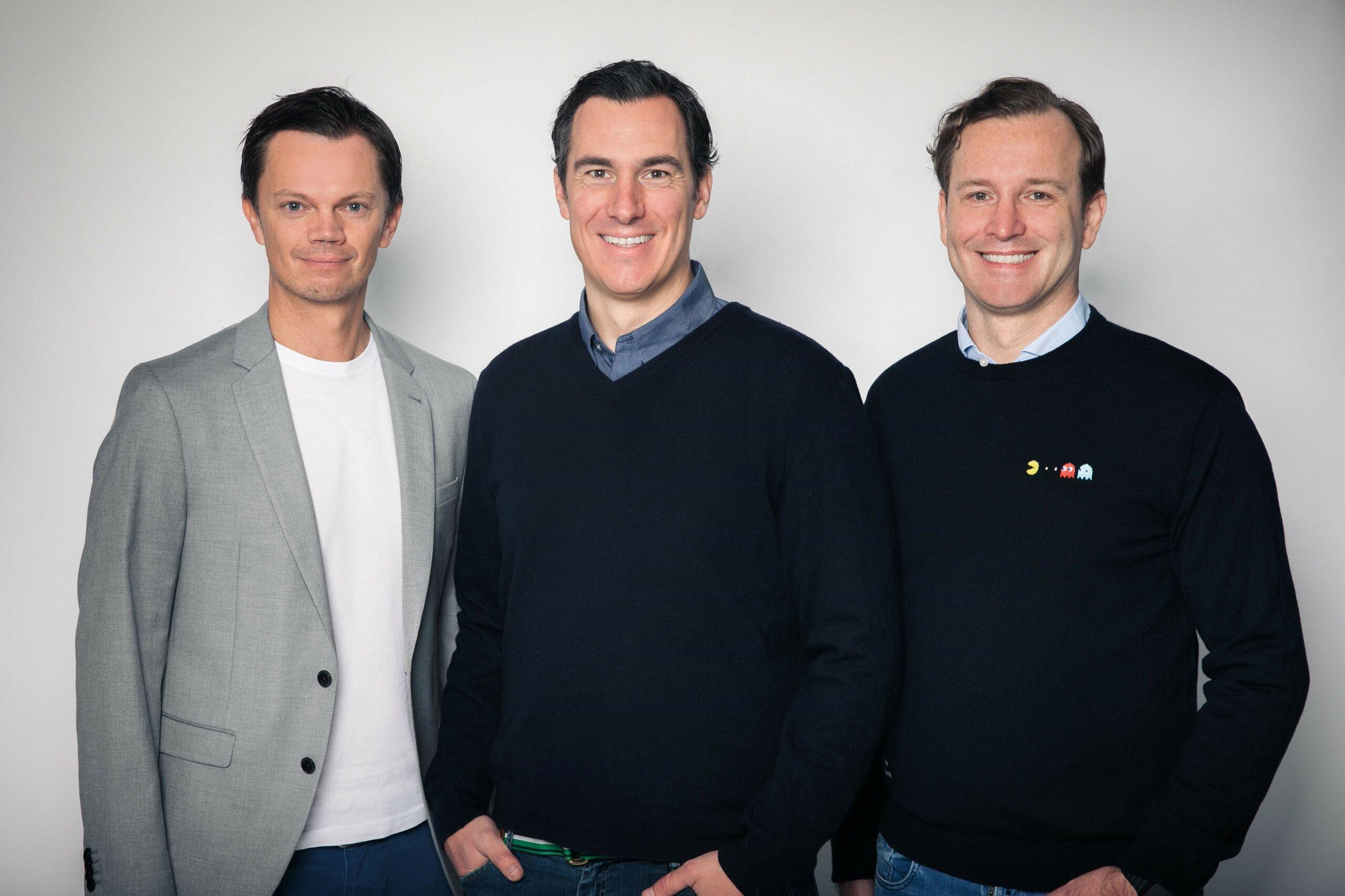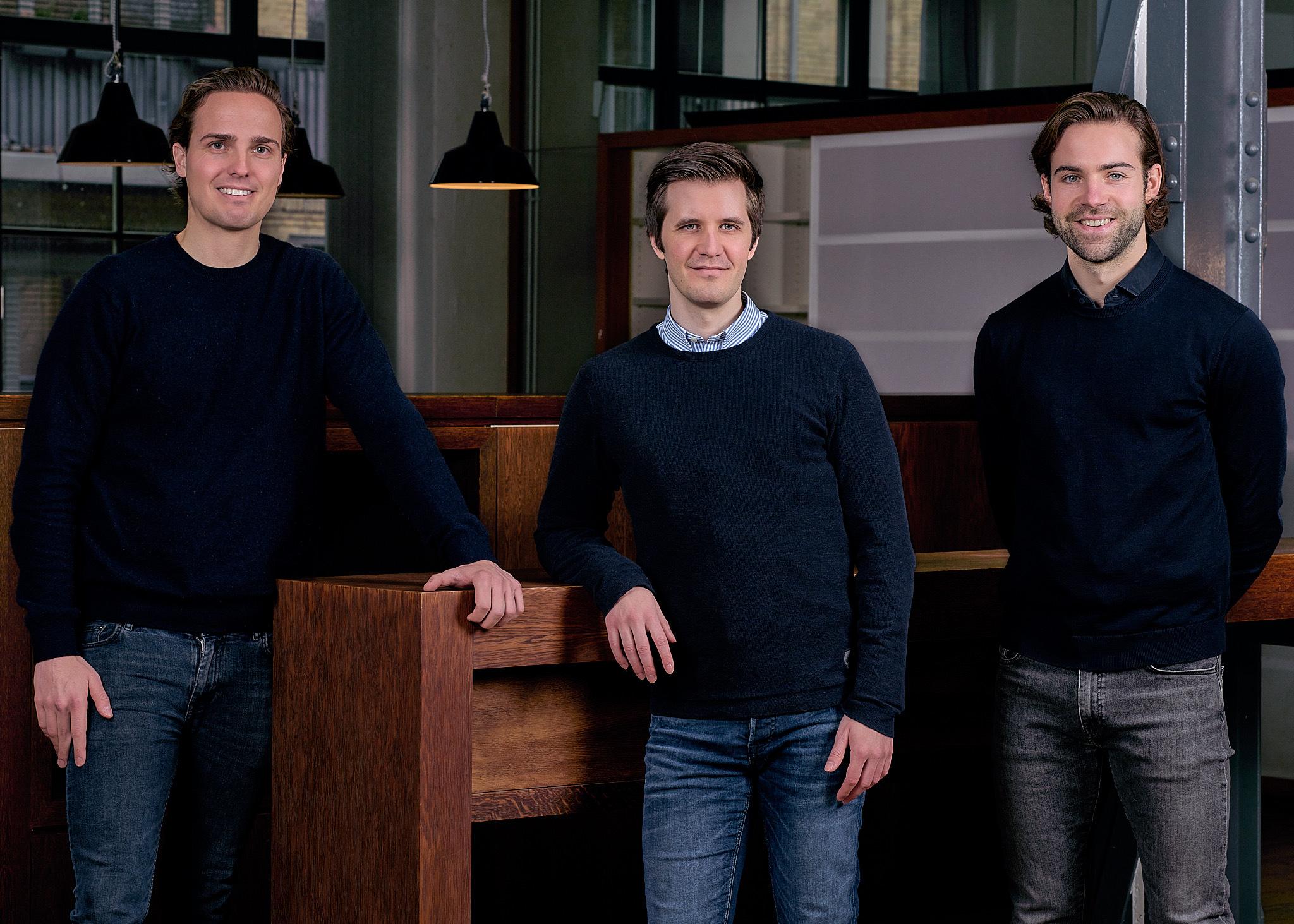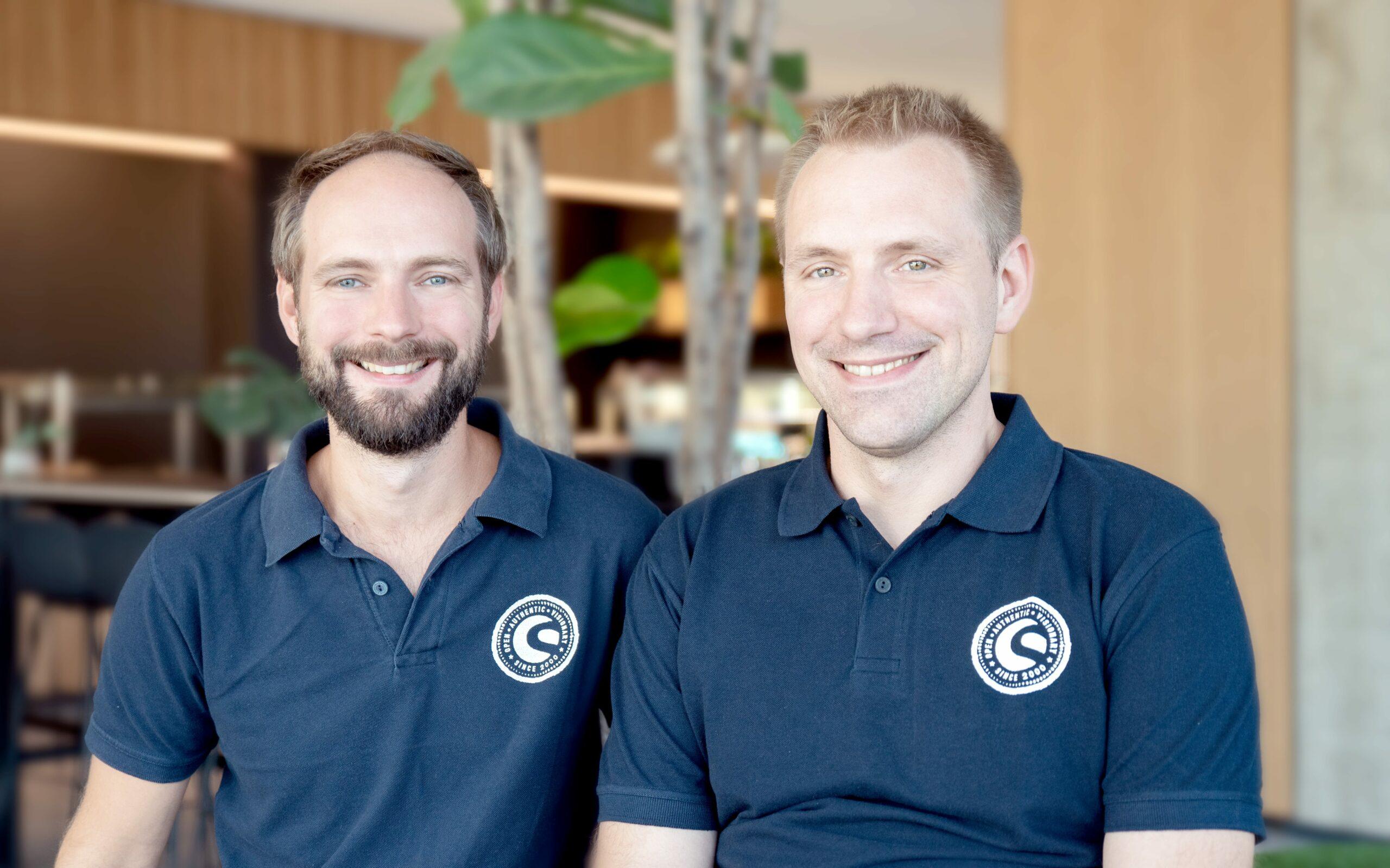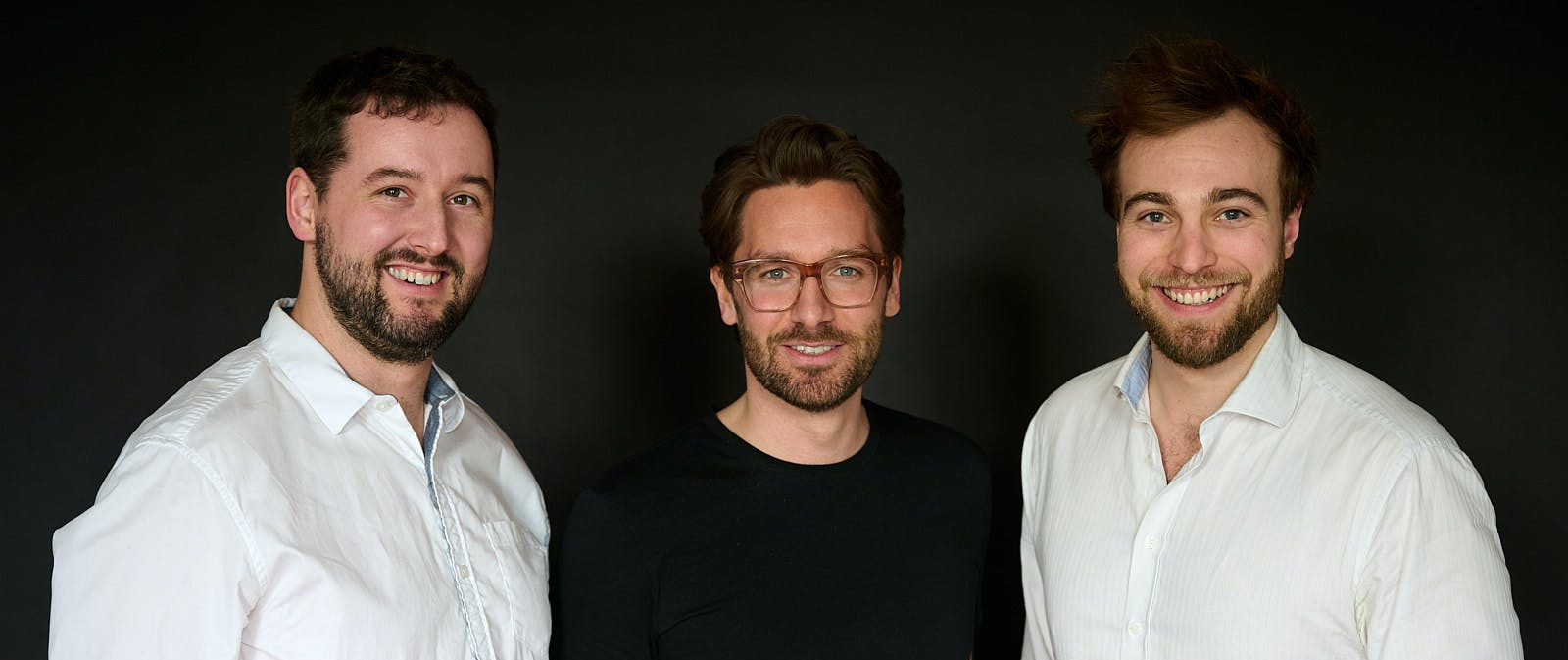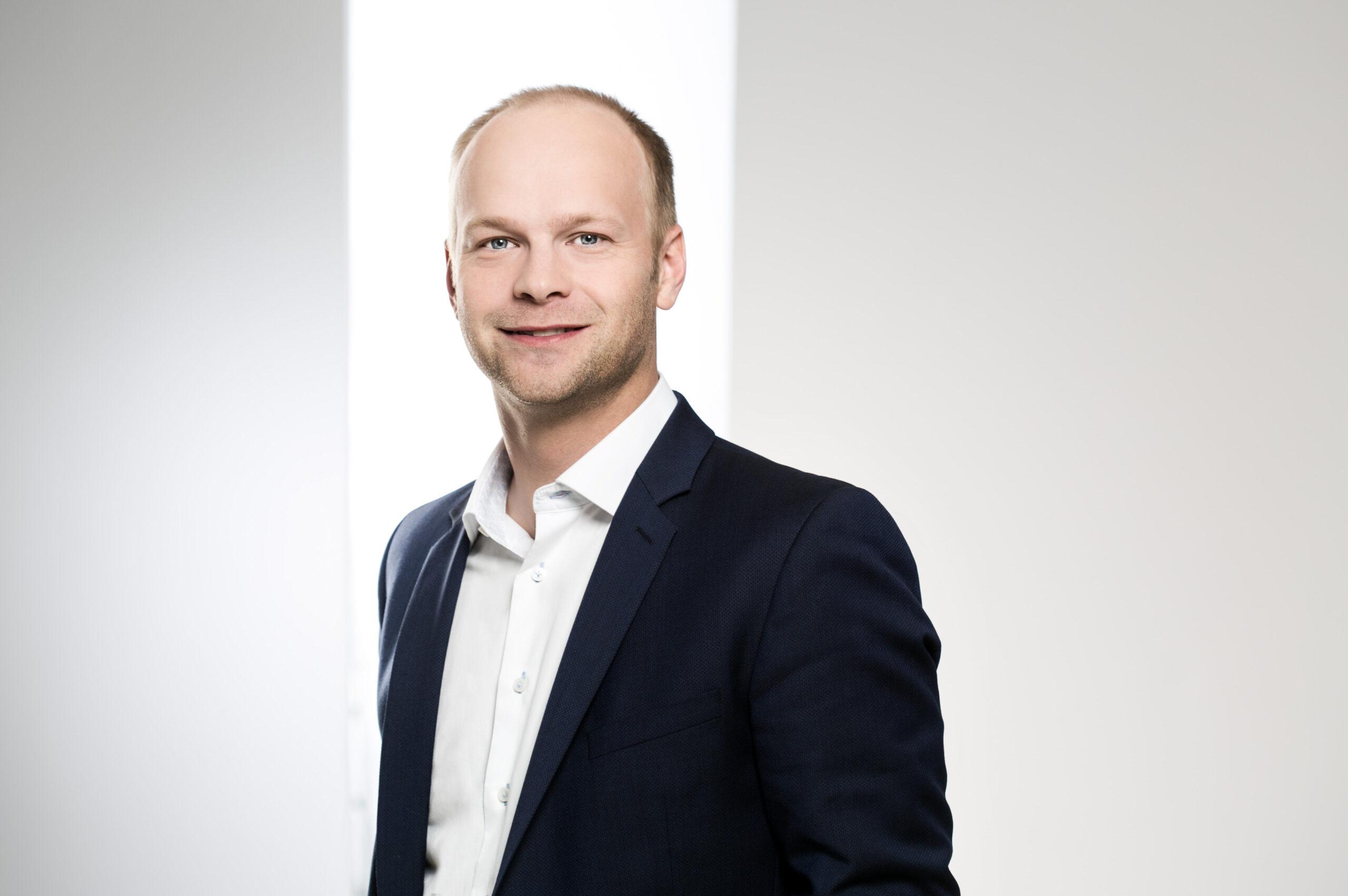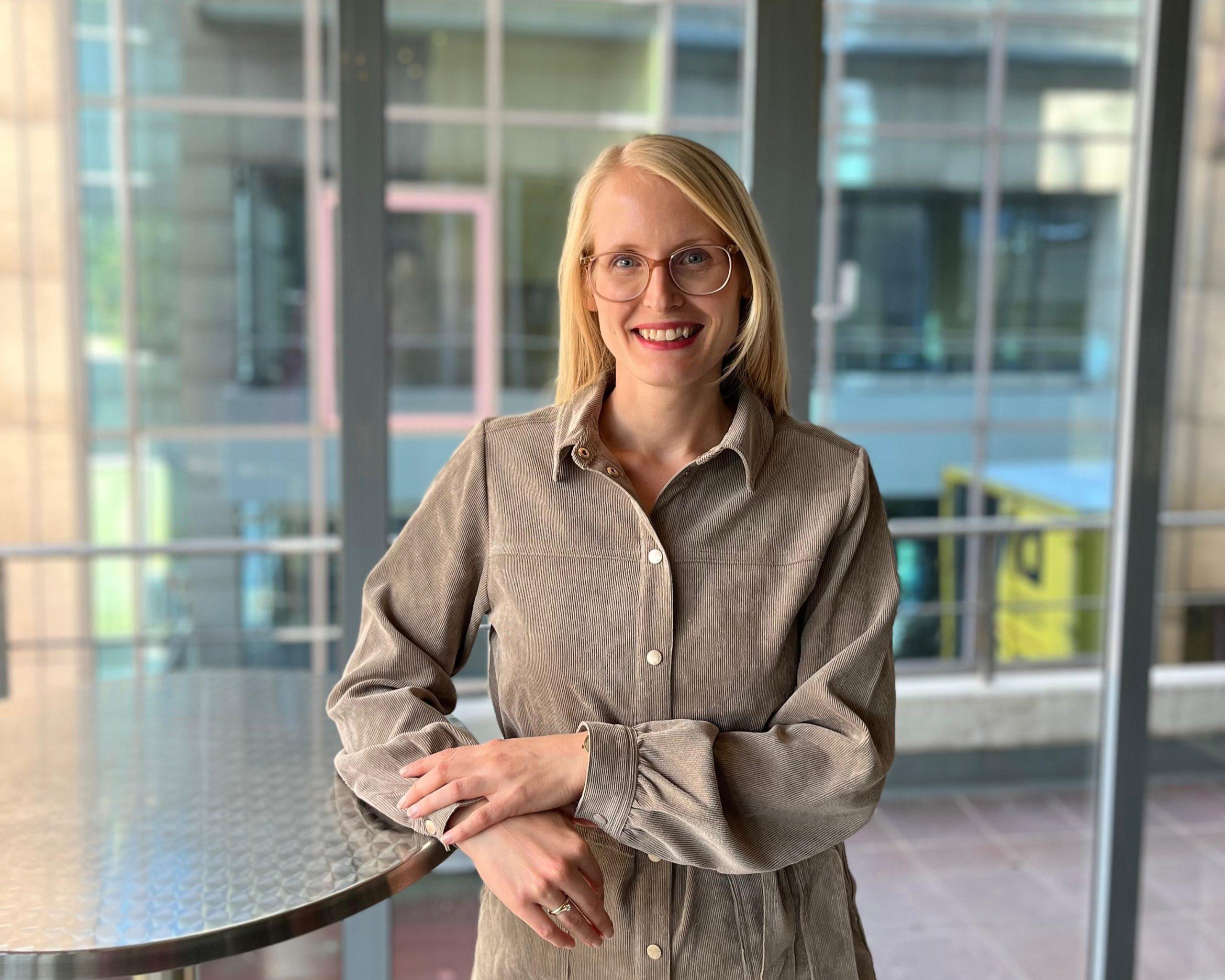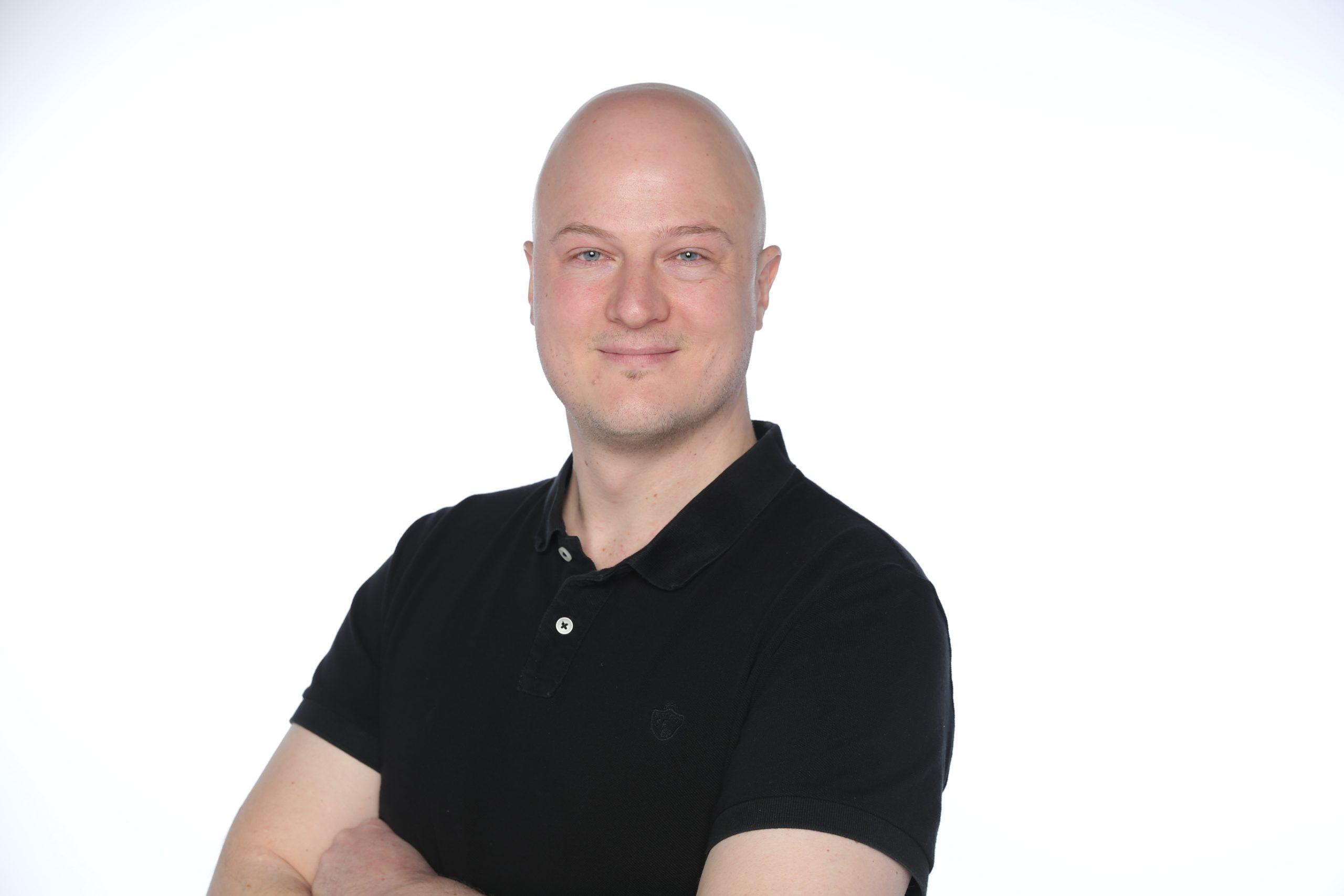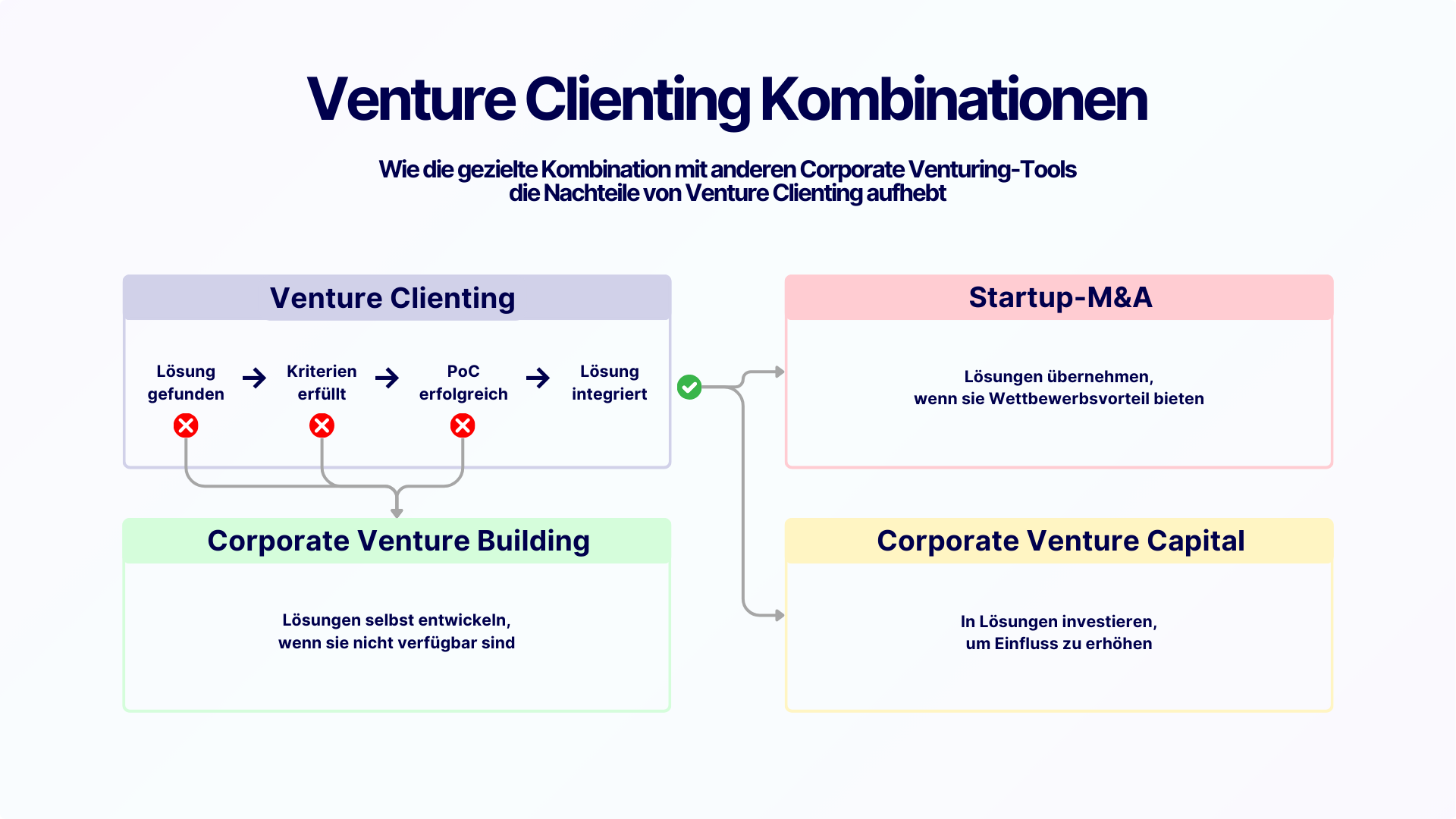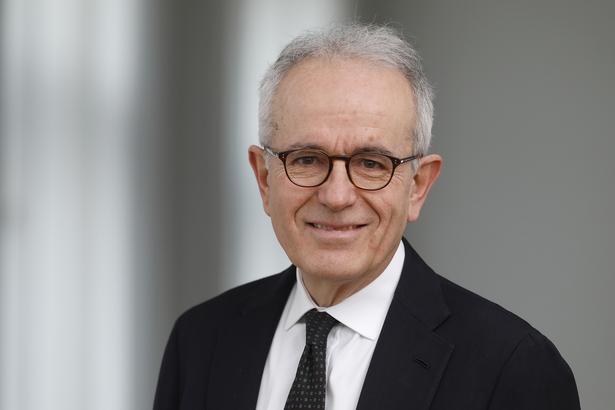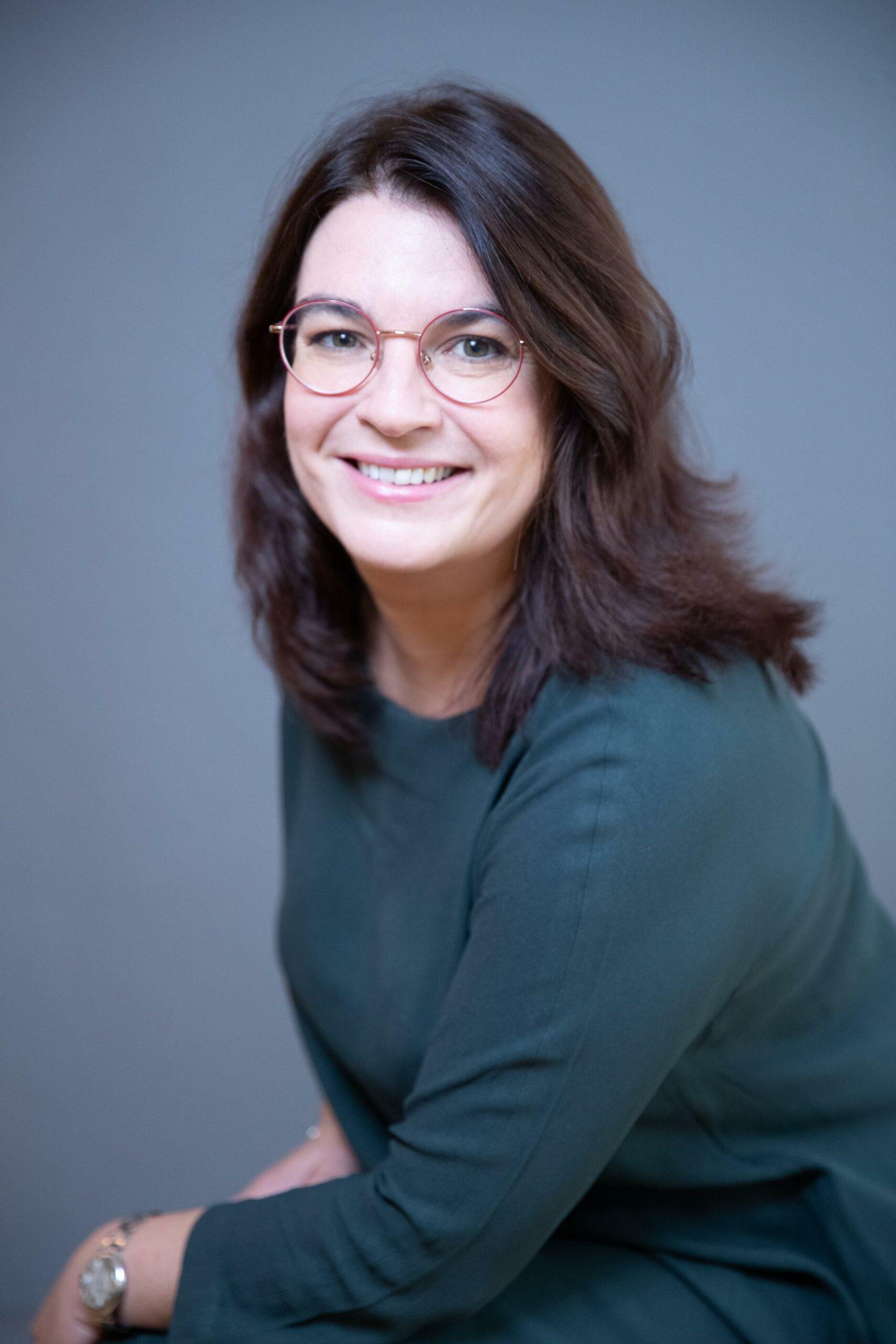"Founders who do everything themselves are just wasting valuable time"
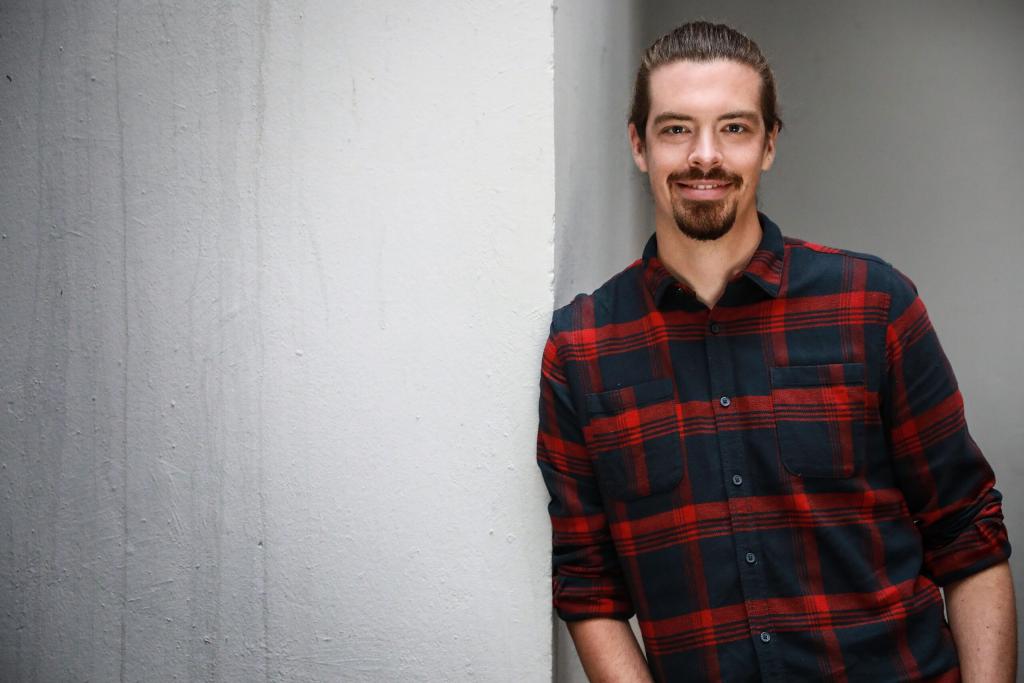
HQLabs boss Tobias Hagenau has built a start-up within a start-up. In this interview, he explains how this works and where the pitfalls lurk.
It has been almost ten years since Tobias Hagenau founded HQLabs together with fellow students. Today, the company has around 15,000 users with its agency software and Hagenau has completely different plans: over the past two years, he and his colleagues have built up a start-up within a start-up. However, this is much more complicated than expected, partly because investors are confused by the structure. Here he reveals the pitfalls and gives tricks for founders who want to try again. Because all beginnings are difficult - even the second one.
Mr. Hagenau, you have set up a start-up with awork in the start-up HQLabs. Why did you do that?
We saw in our team that HQ is now established and profitable. We serve 15,000 users and 700 agencies, but we are no longer growing at 100% every month, partly because HQLabs has reached a certain size and scope. And then we asked ourselves: how long can we continue to modernize the technology, how long can we update it and when does it simply need to be cut? With 15,000 users, you don't just make a cut like that, so with awork we have created a playground where we are back-to-basics, i.e. simply back to time recording and project planning as was previously the idea of HQ.
How much space does this second project now take up?
That's the crazy thing: we are now 40 people and half of us are at awork, where we are growing rapidly at ten to twenty percent per month. That's actually a bit annoying now, because we didn't see it coming. The structure leads to the problem that the VCs we talk to are confused. Because we have a large, established company and a start-up in growth mode and - what's more - in an internationally interesting market with many exits. But together they can't do anything with us. Then they ask questions like: Why didn't you set up a second start-up straight away, what's the point? That's why we are considering spinning off awork.
My tip: Separate the organizations as quickly as possible, otherwise the companies will have completely different focuses that don't fit together.
Tobias Hagenau, founder of HQLabs
That sounds easier said than done. What does it look like in practice?
To be honest, we don't even know. Over the years, we've also raised capital and acquired company shares, which raises the question: do we keep the group of shareholders for both companies? Can we buy out some of the company ends or do we even bring in an investor who buys out old company ends from one of two products? What could that look like? We have so many questions that we still need to clarify. We are in a luxury situation, but no one has a simple solution.
Would you still advise founders to set up a second start-up?
This second time has really inspired us. So I would definitely recommend everyone to do it. Many founders say they would do everything differently if they could. They can then prove it. My tip: Separate the organizations as quickly as possible, otherwise the companies will have completely different focuses that don't fit together.
Can you give us an example?
At HQ and awork, we are both active in the Software-as-a-Service sector. But at awork, we are growing extremely fast and are still looking for the "market fit", so it is completely normal for customers to cancel their contracts. So we do sexy growth marketing, which our colleagues at HQ naturally also find interesting. But if they were to copy this, we would have a huge problem, because with 700 agencies you also have to maintain intensive contacts. You have to be able to set the right focus and prioritize.
What we achieved with awork took two years. With HQ, it took us six years or more.
Tobias Hagenau, HQLabs founder
How did you divide yourselves up as a founding team?
We went all in on the new project because we said: We've done this before, we can do it again better and faster. We put HQ completely in the hands of the employees, which is not always easy. Letting go is difficult, especially when things go wrong - we still have to learn that.
What are you doing better today than the first time?
What we achieved with awork took two years. With HQ, it took us six years or longer. So we do everything much faster because we no longer take any detours or extra loops. We know the way and we no longer have to work out everything ourselves and experiment a lot like we did when we first set up the company. Now we have speed, which is good financially and also boosts the atmosphere, which is really fun at the moment.
What advice would you give founders to achieve this speed?
The ultimate tip is to get as much advice as you can at the beginning. That sounds trivial, but many people don't do that. We didn't do that either. We were busy 24/7 and didn't take the time we would have needed to talk to experienced founders, entrepreneurs or business angels about the next steps. But founders who do everything themselves only waste valuable time.
As a second-time founder, do you have the problem of repeating old mistakes?
We have a bit of the Günter Netzer syndrome, where we want to change things ourselves because we've done them before. This was already the case with HQ and is still the case with awork. We still have to learn to let others do things. Apart from that, we have noticed that we have very much fallen into old patterns. This is not a problem because we are building something new in the same segment, but if we wanted to revolutionize the software-as-a-service market, that would probably be the worst approach by far.
Thank you very much for the interview.
Personal details: Tobias Hagenau is Managing Director of HQLabs GmbH and co-founder of awork. He and his team have been building software for project work in Hamburg since 2012. In the meantime, HQLabs has grown to over 35 employees. With over 700 agencies and 15,000 users, the first product, the agency software HQ, is one of the most popular solutions on the German-speaking market for bringing order to the agency process. The project management tool awork was added in 2019.

Newsletter
Startups, stories and stats from the German startup ecosystem straight to your inbox. Subscribe with 2 clicks. Noice.
LinkedIn ConnectFYI: English edition available
Hello my friend, have you been stranded on the German edition of Startbase? At least your browser tells us, that you do not speak German - so maybe you would like to switch to the English edition instead?
FYI: Deutsche Edition verfügbar
Hallo mein Freund, du befindest dich auf der Englischen Edition der Startbase und laut deinem Browser sprichst du eigentlich auch Deutsch. Magst du die Sprache wechseln?



